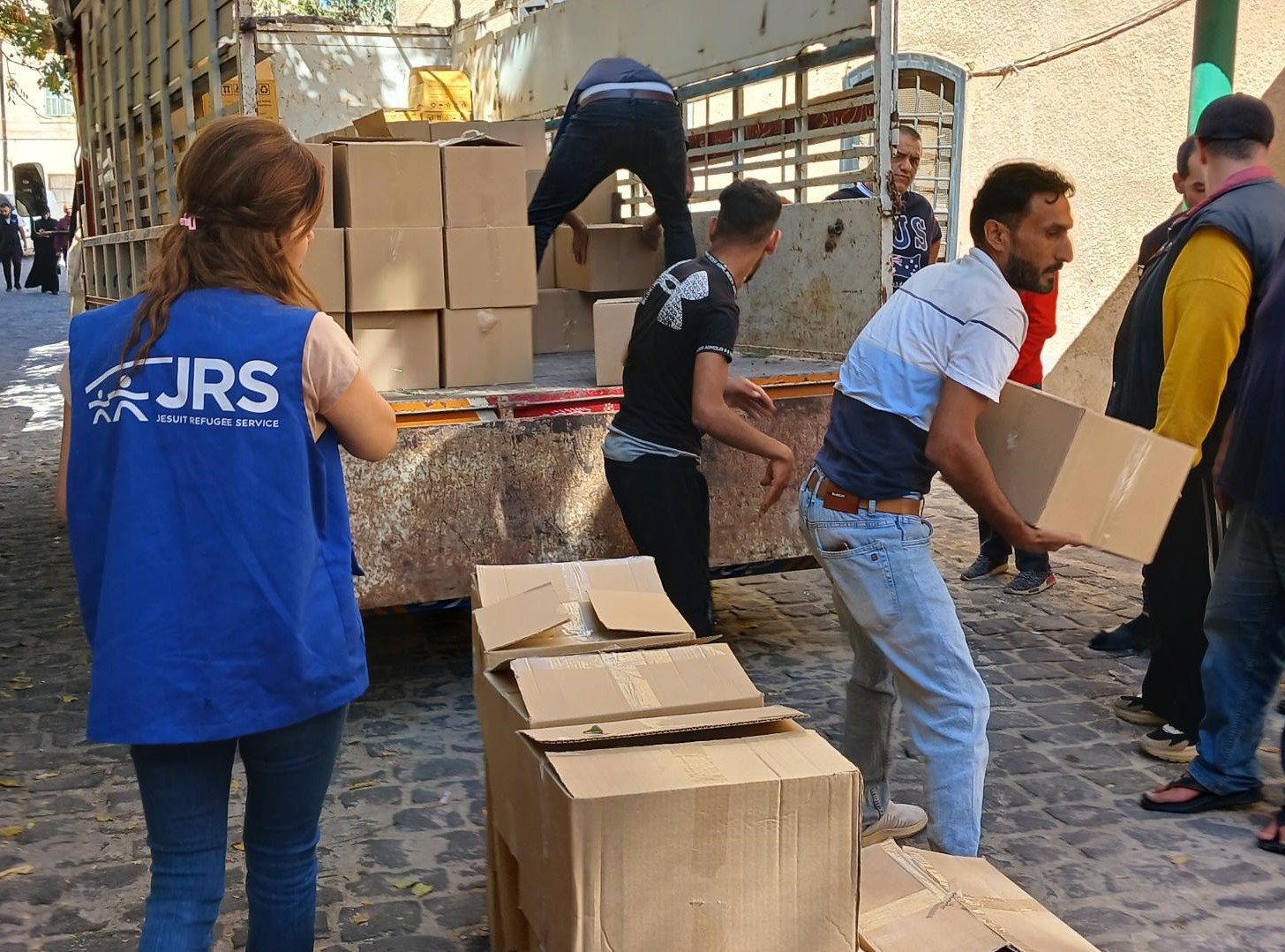Jesuit Refugee Service/USA: Further Restrictions on Asylum Do Not Solve the Situation at the U.S.- Mexico Border
05 February 2024|JRS/USA
On February 4, 2024, U.S. senators released the text of the Emergency National Security Supplemental Appropriations Act, a supplemental funding bill that would provide financial support to Ukraine, Israel, Taiwan and others. Within this bill is the “Border Act” negotiated by Senators Chris Murphy (D-CT), Kyrsten Sinema (I-AZ), and James Lankford (R-OK) that proposes significant changes to the U.S. asylum system.
The Border Act includes concerning provisions such as a new authority that would allow officials to expel asylum seekers without asylum screening interviews when border encounters average 4,000 per day over a week. Expulsions would be made mandatory if encounters reach an average of 5,000 per day per week or over 8,500 in a single day. The bill would also raise the credible fear standard, increase immigration detention, and place asylum seekers in a rapid screening process with limited access to counsel.
“As an organization present at the U.S.-Mexico border, we express deep concern over how this bill could further complicate the situation at the border for those seeking safety,” said Joan Rosenhauer, President of Jesuit Refugee Service/USA. “We recognize the need to secure our country’s border, but that does not have to come at the expense of access to asylum, especially when global displacement has reached record levels and pathways to safety are critically needed.”
The bill does include positive steps forward, such as expediting the work authorization process for certain asylum seekers, acknowledging the needs of evacuated Afghans, guaranteeing legal representation for unaccompanied children, and providing critical funding for refugee assistance. But it does not go far enough to ensure that people seeking safety do not have to overcome significant barriers to put forward their asylum claim.
“Overall, we support solutions that provide access to asylum and ensure the well-being and safety of those arriving at the U.S.-Mexico border,” said Rosenhauer. “While this bill misses the mark, we encourage Congress to continue these bipartisan efforts and work towards comprehensive solutions that guarantee access to asylum in a fair, safe, and orderly way.”
Please take action by urging U.S. policymakers to prioritize humanitarian solutions instead of further restricting access to asylum.


